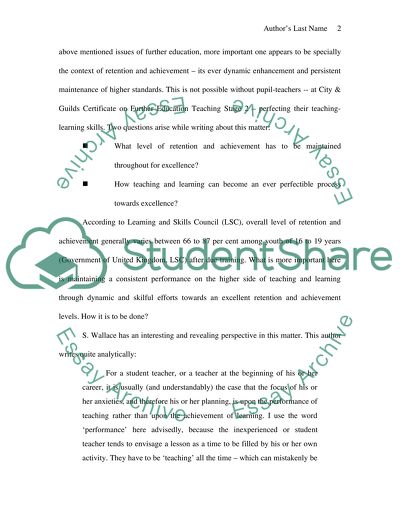Cite this document
(“Major Educational Issues in Further Education Essay”, n.d.)
Retrieved from https://studentshare.org/miscellaneous/1503043-major-educational-issues-in-further-education
Retrieved from https://studentshare.org/miscellaneous/1503043-major-educational-issues-in-further-education
(Major Educational Issues in Further Education Essay)
https://studentshare.org/miscellaneous/1503043-major-educational-issues-in-further-education.
https://studentshare.org/miscellaneous/1503043-major-educational-issues-in-further-education.
“Major Educational Issues in Further Education Essay”, n.d. https://studentshare.org/miscellaneous/1503043-major-educational-issues-in-further-education.


